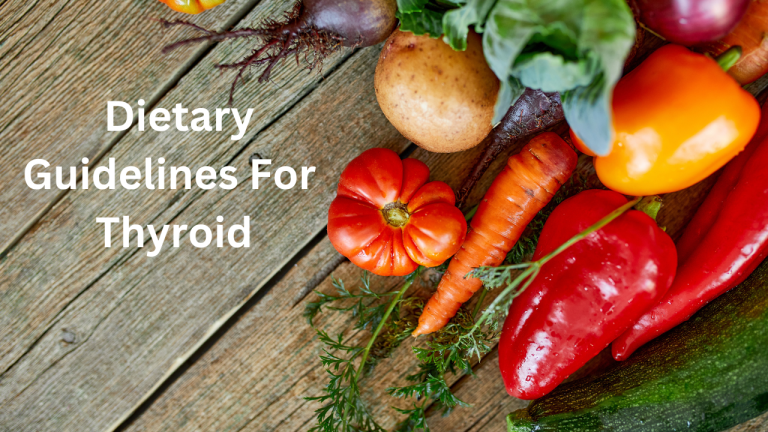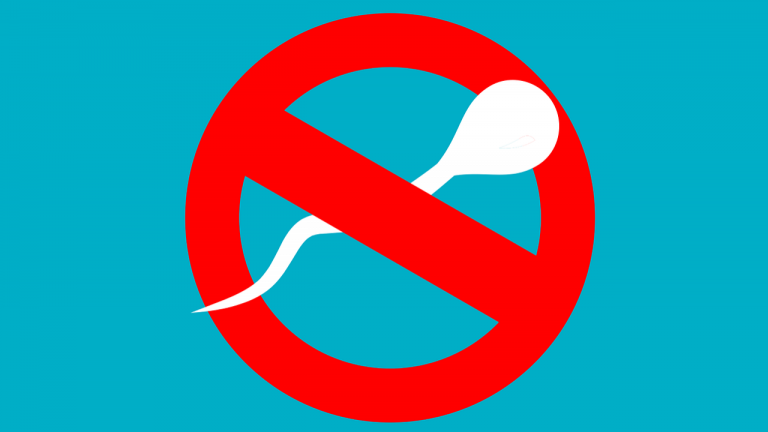How Does the Marketing and Advertising of Artificial Juice Impact Our Perceptions of Health and Wellness, and How Can Consumers Make Informed Choices?

The marketing and advertising of artificial juice can have a significant impact on our perceptions of health and wellness. These marketing efforts often portray artificial juice as healthy, natural, and nutritious, using various tactics such as appealing packaging, catchy slogans, and images of fresh fruits to create a perception of a wholesome and health-promoting product. However, it’s important to note that artificial juice may not always live up to the health claims made in its marketing messages, and consumers need to be vigilant in making informed choices.
One way artificial juice marketing can impact our perceptions of health and wellness is by promoting misleading health claims. For example, claims such as “100% natural,” “packed with vitamins,” or “no added sugars” may create a perception that the product is healthy, even though it may contain high levels of added sugars, artificial flavors, and preservatives. Additionally, marketing efforts may focus on specific nutrients or health benefits of the juice, while downplaying or omitting information about potential drawbacks or negative effects.
Another way marketing can impact our perceptions is through emotional appeals. Marketing messages may use emotional triggers, such as images of happy, healthy-looking individuals or scenes of nature, to create positive associations with the product and evoke emotions such as joy, vitality, and well-being. These emotional appeals can influence our perceptions of the product’s healthiness, even if the actual nutritional content or quality of the product may not be as wholesome as portrayed.
To make informed choices, consumers should be critical and discerning when evaluating the marketing and advertising of artificial juice. Here are some tips:
Read and understand food labels: Look beyond the front-of-package marketing claims and carefully read the ingredient list and nutrition facts panel. Be aware of the types and amounts of sugars, additives, and other ingredients in the juice.
Check for certifications: Look for certifications from reputable organizations, such as organic, non-GMO, or Fair Trade certifications, which can provide additional information about the product’s quality and sustainability.
Do your research: Seek information from credible sources, such as nutrition experts, health organizations, and scientific research, to learn more about the potential health benefits and drawbacks of artificial juice.
Be skeptical of emotional appeals: Be aware of emotional appeals used in marketing and advertising and try to make decisions based on factual information rather than emotional triggers.
Consider whole fruits and homemade options: Remember that whole fruits are generally considered healthier than artificial juice because they contain natural fiber, vitamins, and minerals. Consider making your own juices at home using fresh, whole fruits to have better control over the ingredients and nutrient content.
Practice moderation: Regardless of the marketing claims, it’s important to consume artificial juice in moderation as part of a balanced diet, and prioritize whole, minimally processed foods for overall health and wellness.
By being informed and critical consumers, we can make more informed choices about artificial juice and other food products, and prioritize our health and wellness based on accurate information rather than marketing hype.



